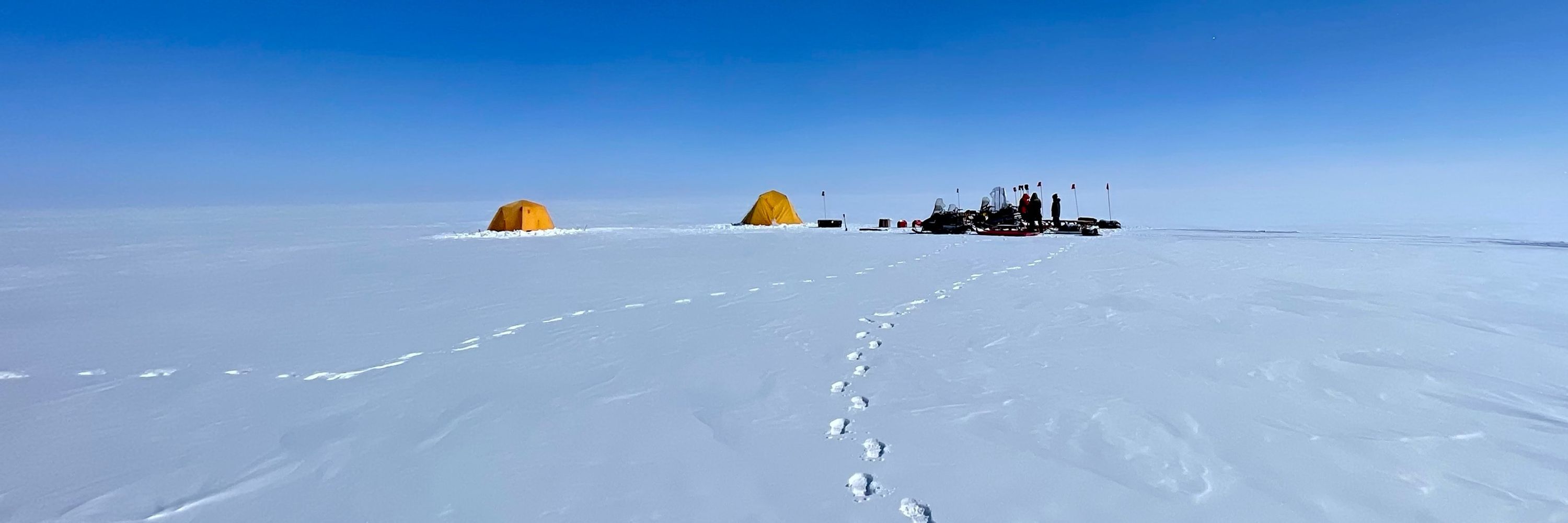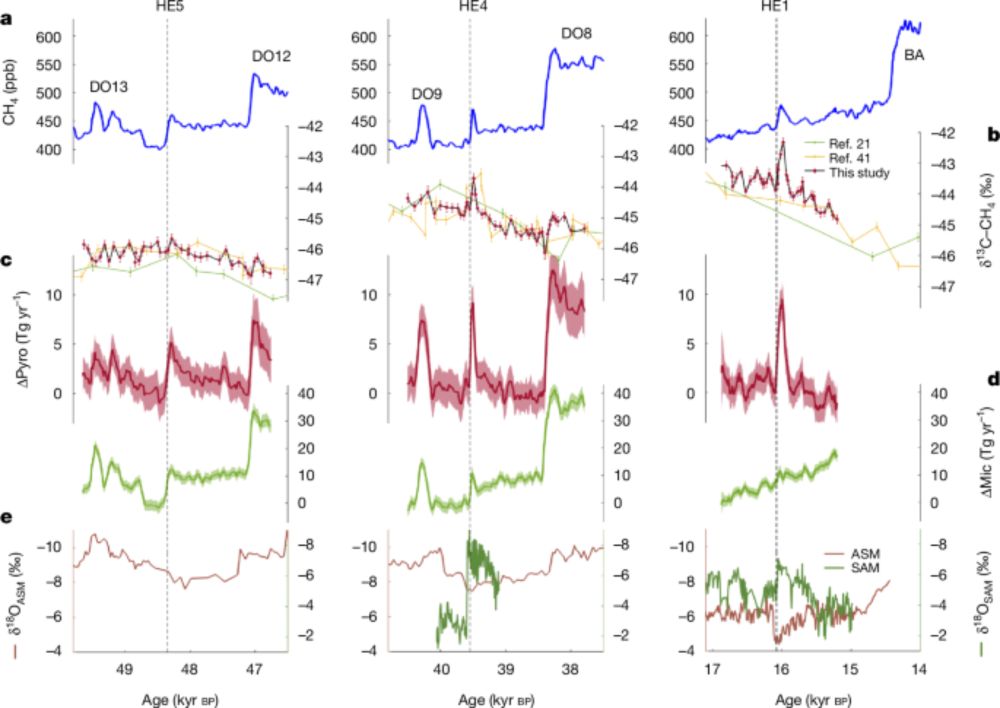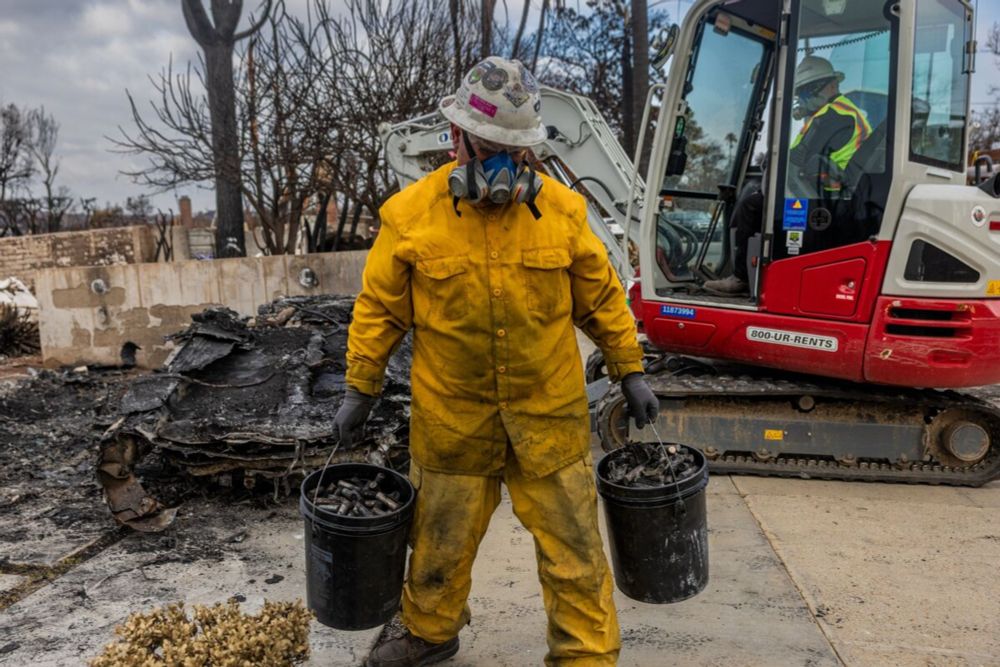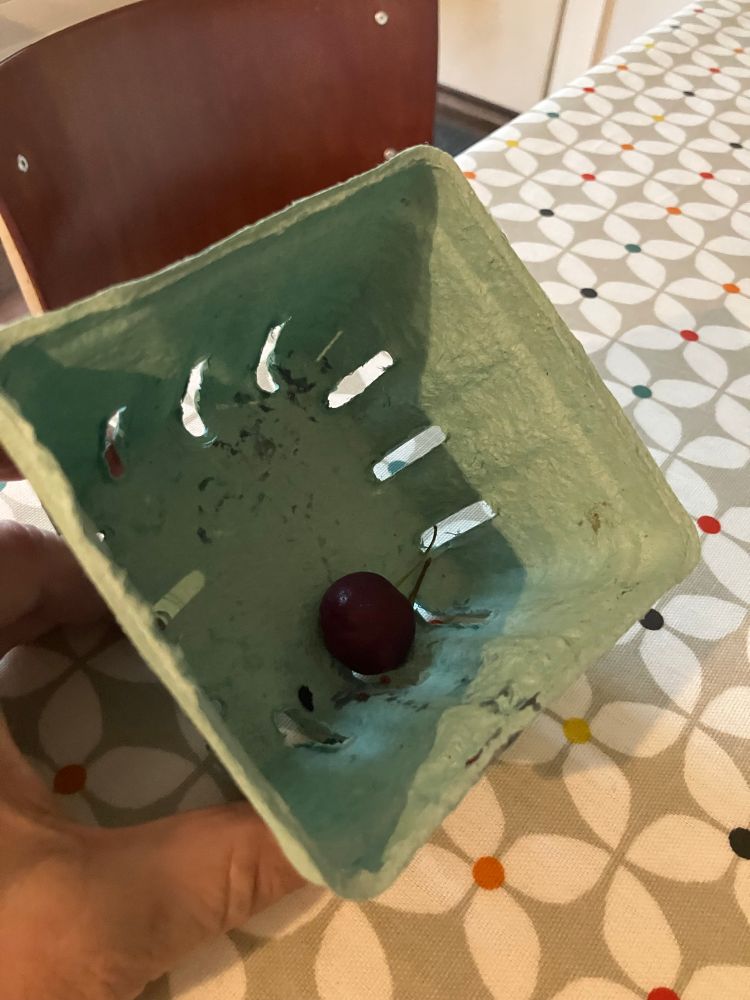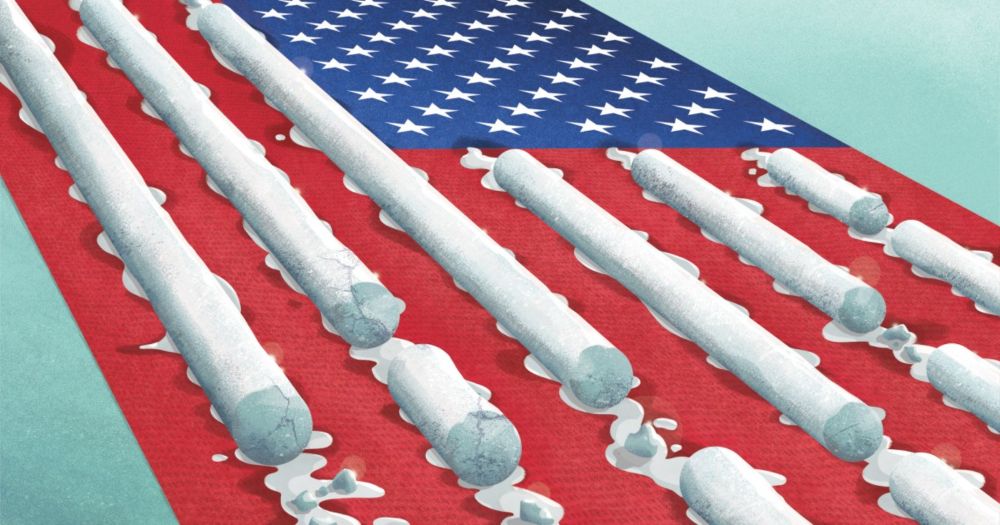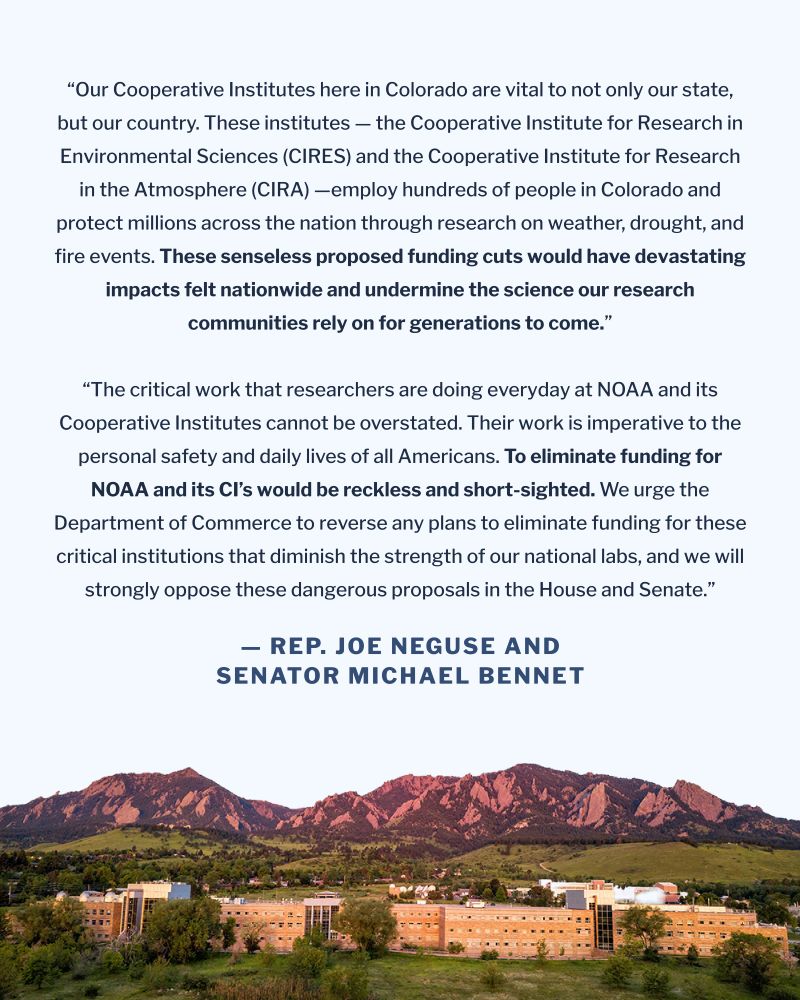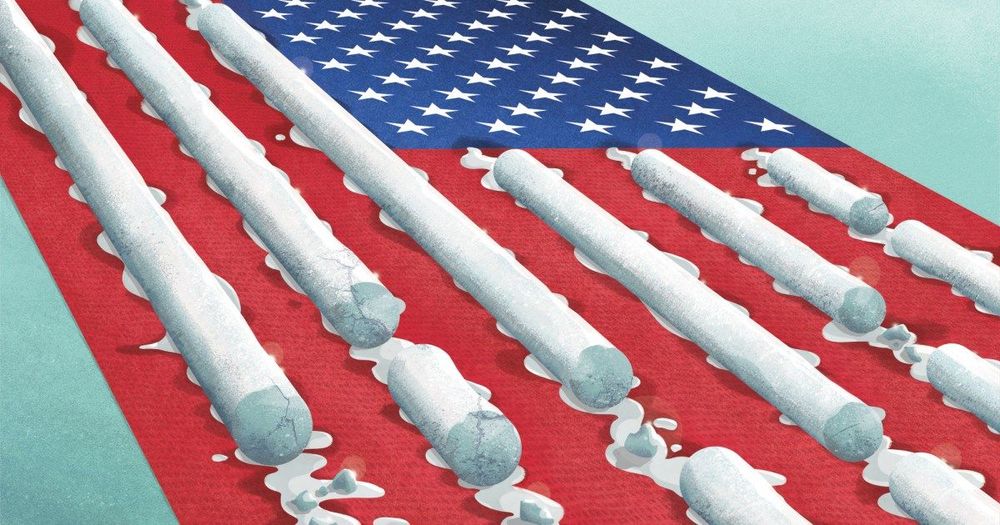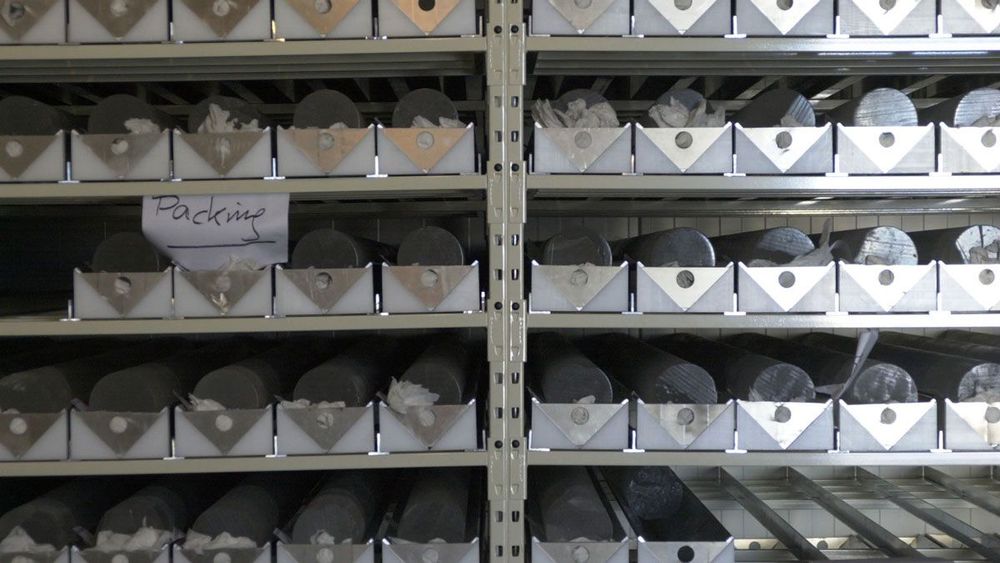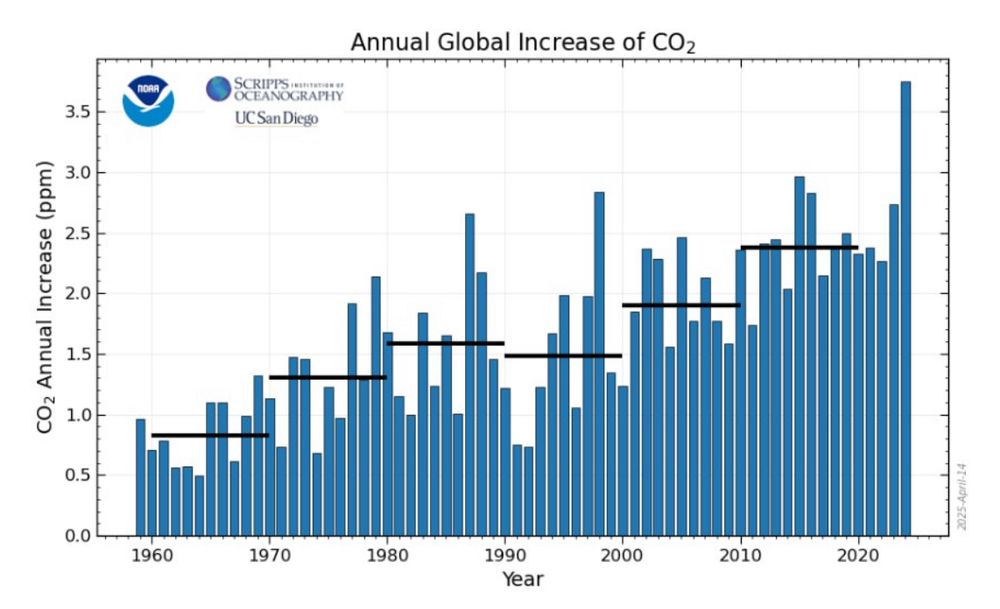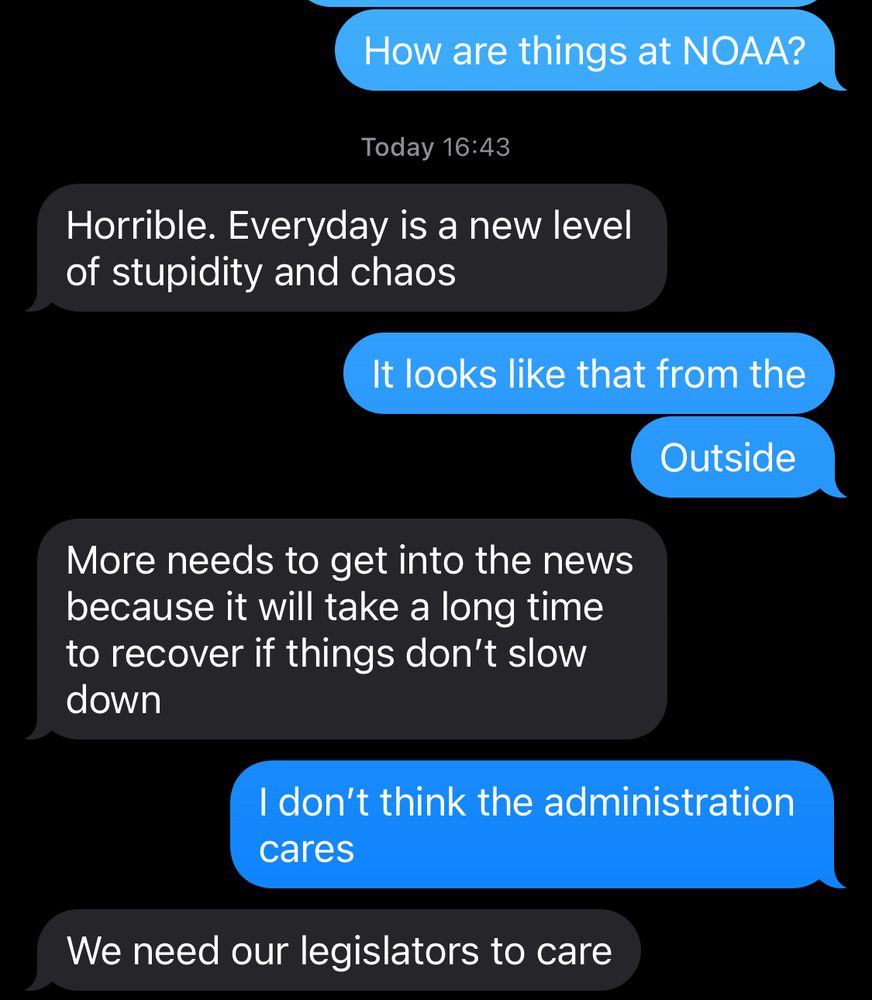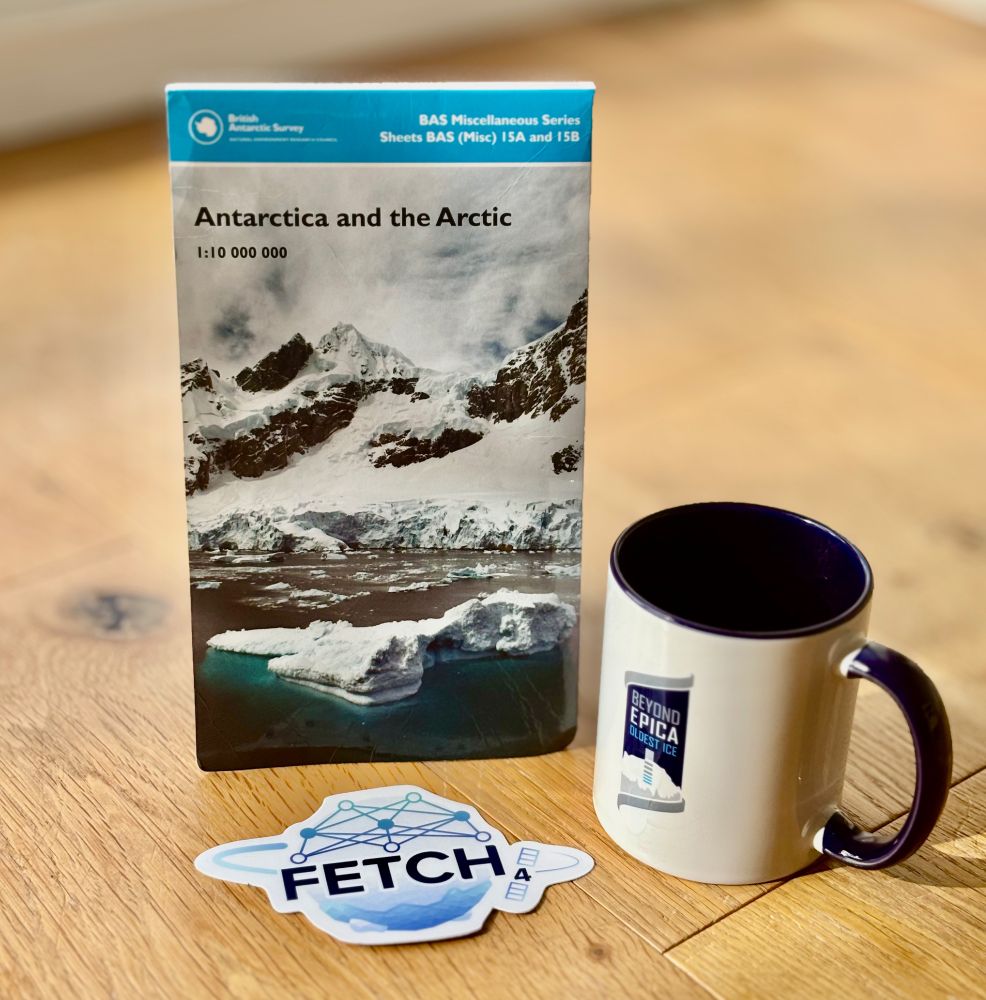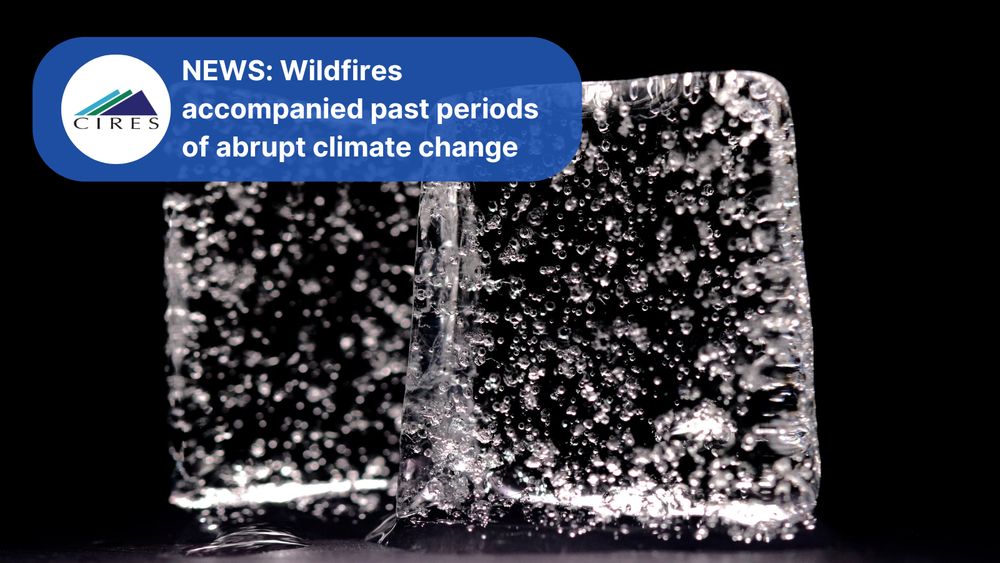Ben Riddell-Young
@benryoung.bsky.social
220 followers
180 following
8 posts
Ice cores, climate, GHGs. Postdoctoral Associate at CIRES working with NOAA GML. Earth Scientist/Enthusiast. Views are my own.
Posts
Media
Videos
Starter Packs
Reposted by Ben Riddell-Young
Reposted by Ben Riddell-Young
Dr. Peter Neff
@icy-pete.bsky.social
· Jul 30
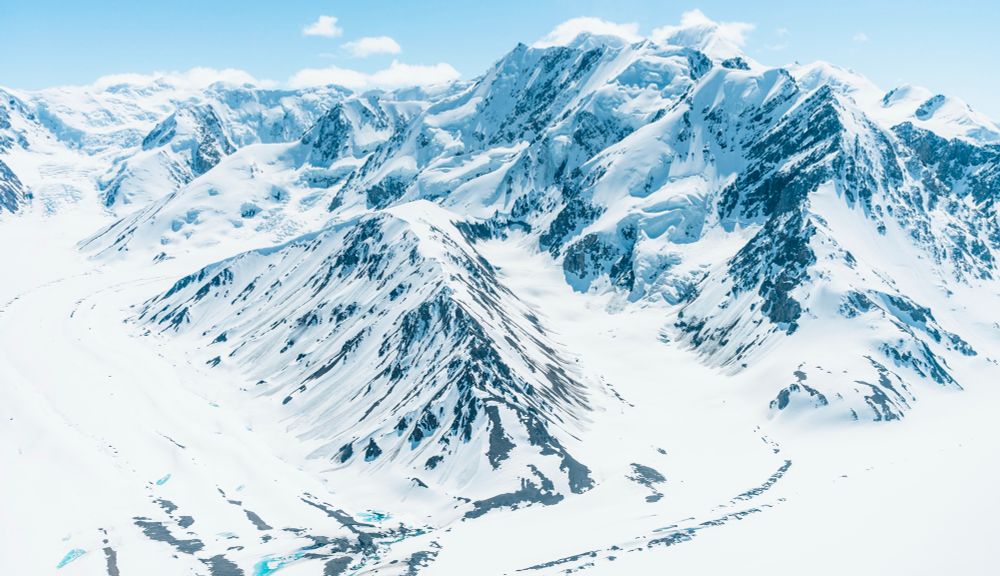
Why Did National Geographic Disappear Its Own Documentary About A Queer Climate Scientist? | Defector
If you’re not a particular kind of mountain sports nerd, you might not be familiar with the Banff Centre Mountain Film Festival World Tour. But for people who live their lives in the overlapping circl...
defector.com
Reposted by Ben Riddell-Young
Reposted by Ben Riddell-Young
Reposted by Ben Riddell-Young
Reposted by Ben Riddell-Young
Reposted by Ben Riddell-Young
Reposted by Ben Riddell-Young
OSU Ice Core Lab
@osu-ice.bsky.social
· Jan 30
Reposted by Ben Riddell-Young
Eric Steig
@ericsteig.bsky.social
· Jan 29
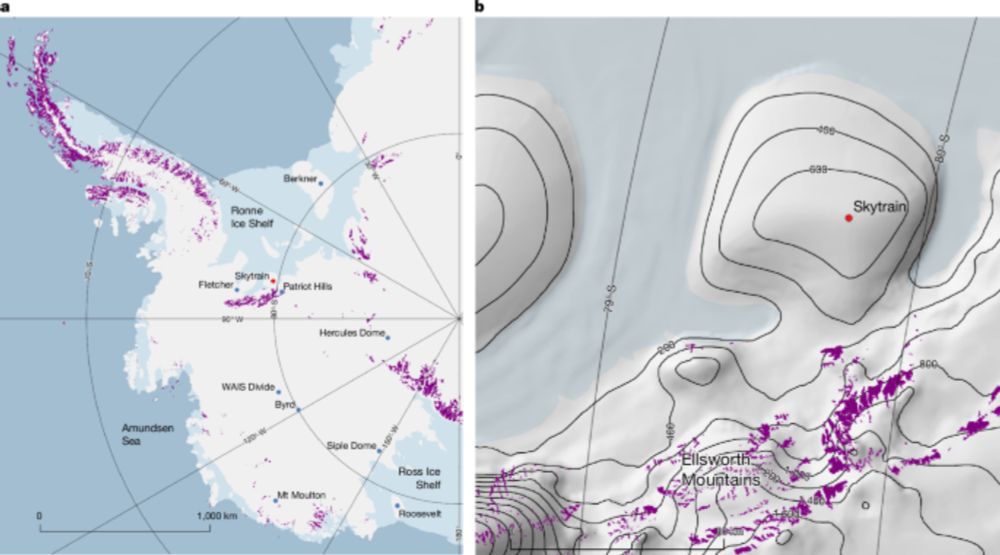
The Ronne Ice Shelf survived the last interglacial - Nature
Sea salt data from an ice core record show that Antarctica’s Ronne Ice Shelf survived the last interglacial, the last period of enhanced and sustained global warmth about 125,000 years ago.
www.nature.com
Reposted by Ben Riddell-Young
Reposted by Ben Riddell-Young
Reposted by Ben Riddell-Young
Reposted by Ben Riddell-Young
Reposted by Ben Riddell-Young
Kelly Hereid
@kellyhereid.bsky.social
· Jan 2
